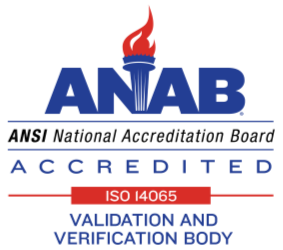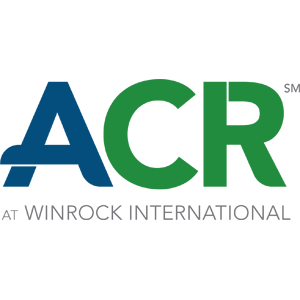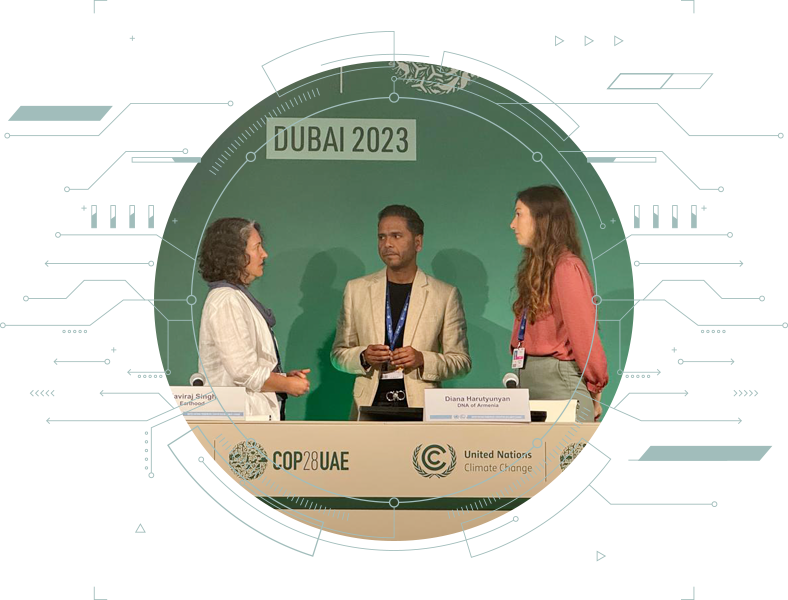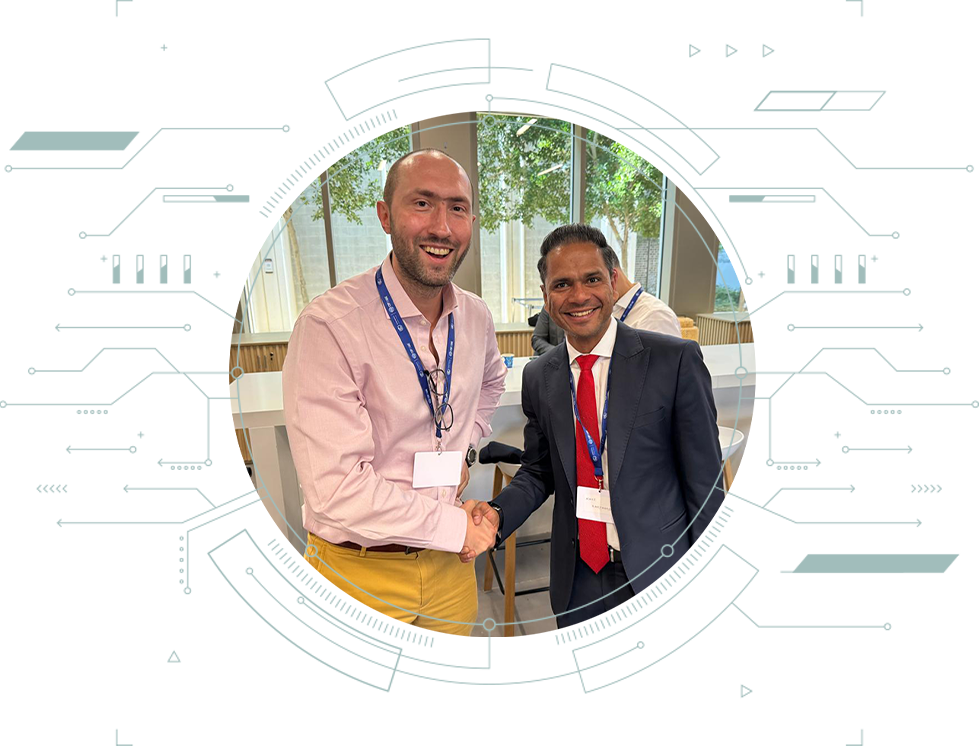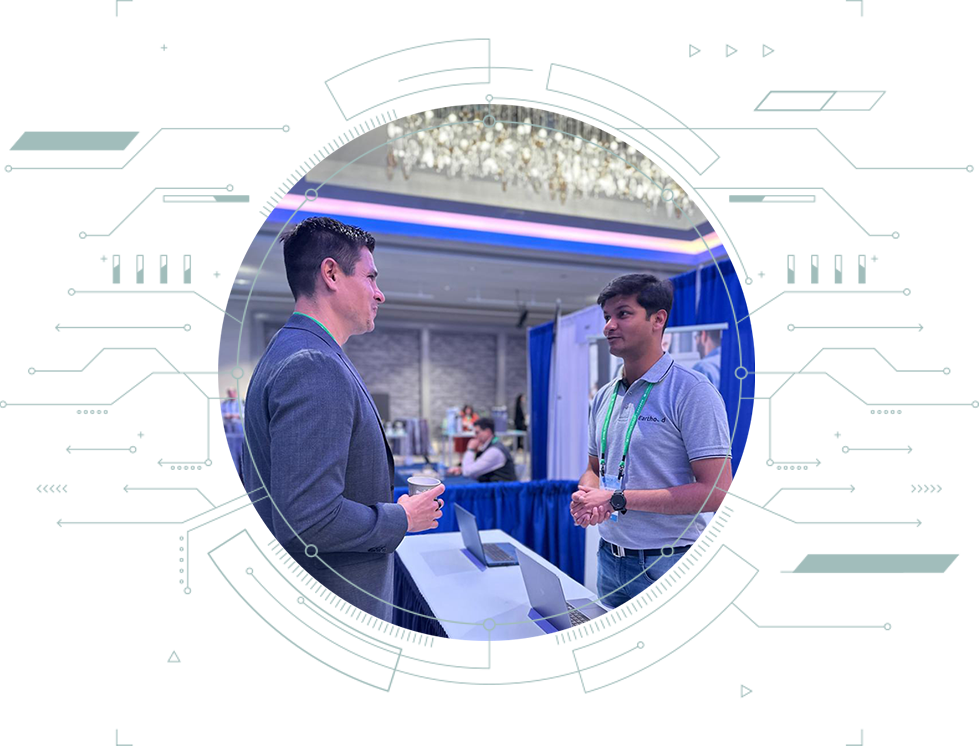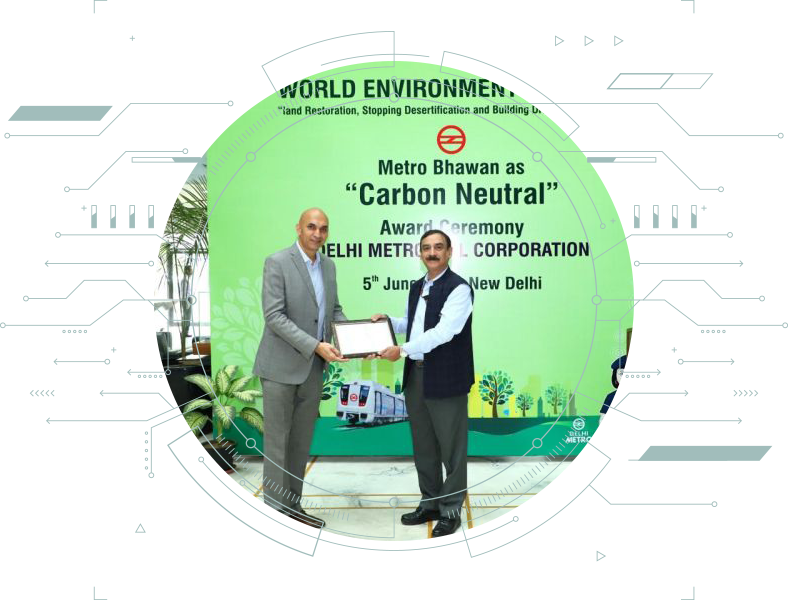Environmental Due Diligence or EDD is an assessment process critically designed to trace potential environmental liabilities as well as risks associated with a business or property transaction. It serves as a foundational component of risk management strategies in corporate decision-making, real estate investments, acquisitions, and mergers. EDD evaluates the environmental condition of a property, compliance with environmental regulations, and the presence of contamination or hazardous materials.
What is Environmental Due Diligence?

Key Aspects of Environmental Due Diligence
Assessment of Environmental Risks
EDD seeks to identify any current or historical environmental conditions that could cause risk for homeowners, investors, and other stakeholders. This includes soil, water, or air contamination, alongside the presence of harmful substances like lead or asbestos.
Regulatory Compliance
It evaluates compliance with local, national, and international environmental laws. It ensures that the establishment or property adheres to all legal requirements.
Liability Protection
By identifying environmental liabilities that could be a concern, right at the beginning of a transaction, EDD provides investors and participants with the data they require to make educated choices, negotiate terms, and reduce legal and financial risk.
Sustainability Insights
Beyond the risk assessment process, EDD offers insights into the sustainable practices of a business or the environmental characteristics of a property, which contribute to the long-term value of investments, as well as corporate social accountability objectives.

Types of Environmental Due Diligence Services We Provide
At Earthood, we offer a comprehensive suite of Environmental Due Diligence (EDD) services tailored to meet the diverse needs of our clients across various sectors. Our specialized services are designed to identify, assess, and manage environmental risks associated with property transactions, mergers, acquisitions, and corporate strategy development. Here's a closer look at the types of EDD services we provide:

M&A Due Diligence
Purpose:Specifically designed for mergers and acquisitions, this service focuses on assessing the environmental liabilities and compliance status of businesses involved in corporate transactions.
Benefits:It ensures transparency in transactions, values assets correctly, and identifies potential environmental liabilities that could affect the merger or acquisition.
Real Estate Due Diligence
Purpose:Aimed at real estate transactions, this service evaluates the environmental condition of properties, including potential soil and water contamination, presence of hazardous materials, and compliance with environmental regulations.
Benefits:Protects buyers and sellers from unforeseen liabilities, facilitates informed decision-making, and enhances property value through environmental certification.
ESG Due Diligence
Purpose:Integrates Environmental, Social, and Governance (ESG) factors into the due diligence process, assessing a company's ESG performance and risks.
Benefits:Aligns investments with sustainability goals, identifies ESG opportunities for value creation, and supports compliance with emerging ESG Reporting and Assurance requirements.

Who Benefits from Environmental Due Diligence?
Environmental Due Diligence (EDD) serves a wide range of stakeholders by identifying potential environmental liabilities and ensuring regulatory compliance. The process benefits various parties involved in property transactions, corporate acquisitions, and strategic business operations. Here 's a closer look at who benefits from EDD:

How Environmental Due Diligence Protects You
Recognizes hazards and contamination, allowing for early risk management and cost-saving on potential cleanups
Ensures adherence to environmental laws, avoiding fines and reputational damage.
Reveals environmental risks to inform asset valuation and transaction negotiations.
Minimizes unexpected discoveries of environmental issues, safeguarding financial and operational plans.
Provides remediation insights, including options, costs, and timelines for addressing identified risks.
Demonstrates due diligence, increasing trust among investors, regulators, and the community.
Aligns project and transaction decisions with broader sustainability and responsibility goals.
Environmental Due Diligence Checklist & Processes
Environmental Due Diligence encompasses a series of structured processes and reports designed to evaluate and mitigate environmental risks. These key components ensure a thorough understanding of a property's environmental condition and compliance status.

Why Choose Earthood As Your Environmental Due Diligence Consultant
Choosing Earthwood as your Environmental Due Diligence (EDD) consultant means partnering with a team that combines global standards with local expertise, especially tailored for the Indian market.
Meet the Earthood Carbon Auditing Professionals
At the heart of every impactful carbon audit is a team of dedicated professionals. Earthood takes pride in our cadre of seasoned experts, each bringing a wealth of knowledge, precision, and passion to the forefront of your sustainability efforts.
Clients
FAQ
- Phase I: Preliminary assessment through data review and site inspection
- Phase II: Detailed investigation, including sampling and analysis.
- Phase III: Remediation planning, if contamination is detected.






